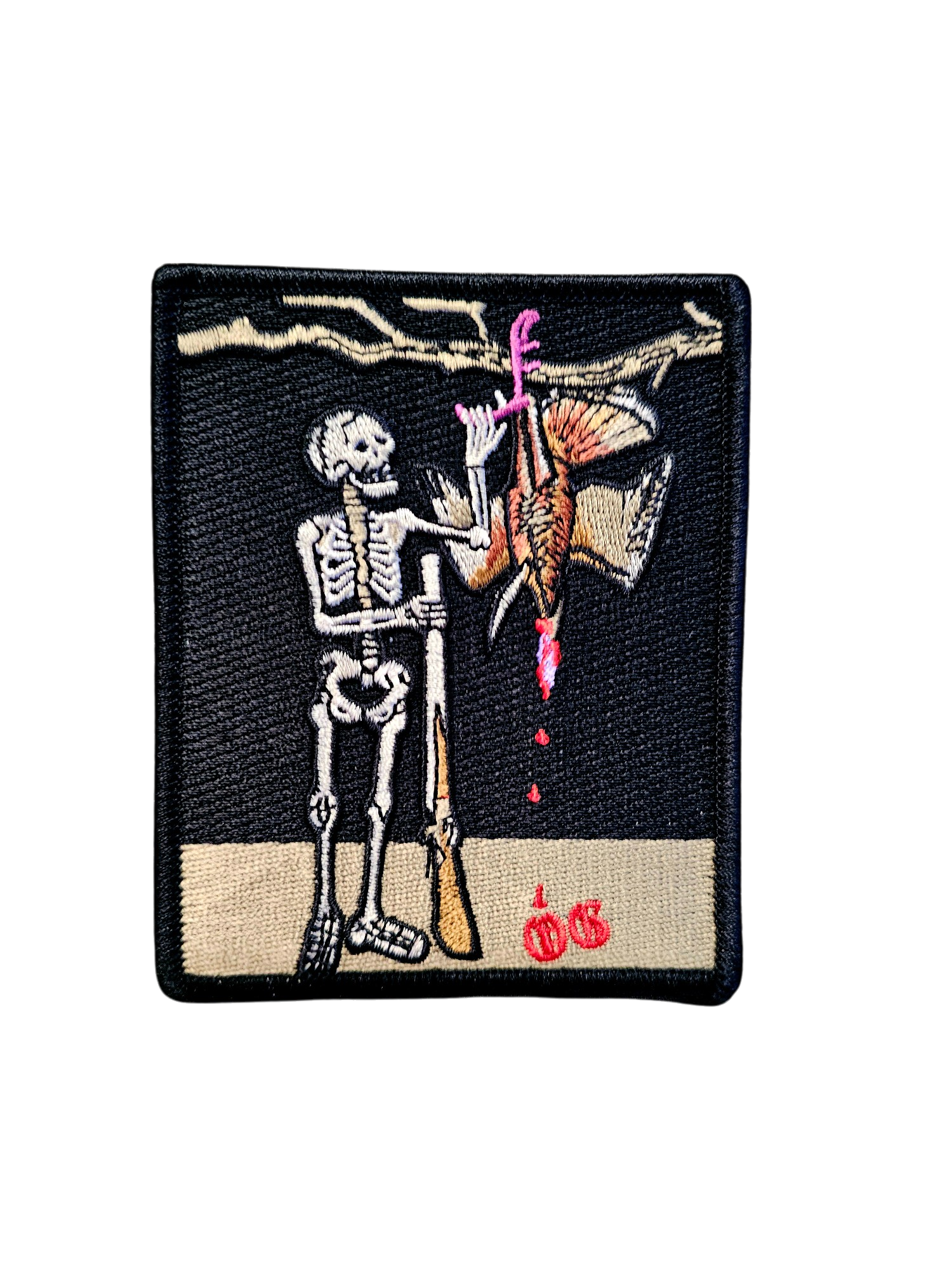        |
When to start calling? Call on roost?Started by Bobby5, April 23, 2020, 01:14:51 PM Previous topic - Next topic
User actions
|
        |
When to start calling? Call on roost?Started by Bobby5, April 23, 2020, 01:14:51 PM Previous topic - Next topic
User actions
|